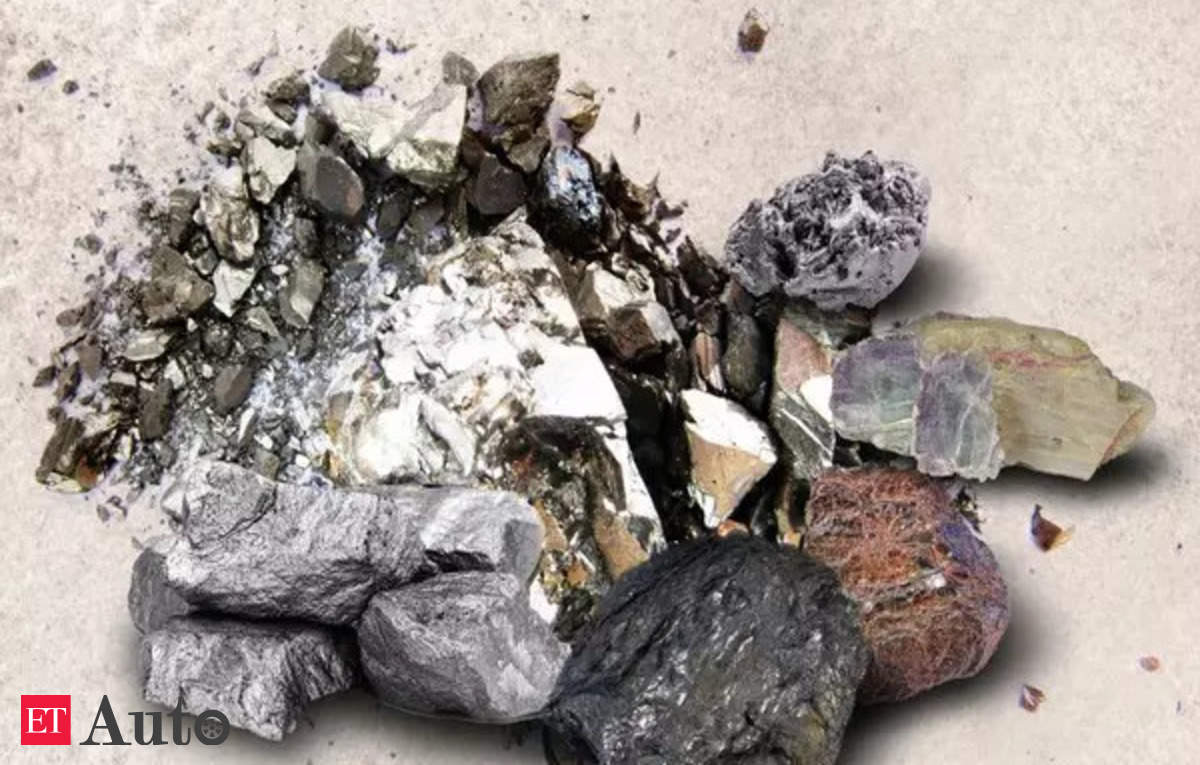Africa's Critical Minerals: Opportunities, Challenges, and Geopolitical Dynamics
Key Ideas
- The development of low-carbon technologies, including green hydrogen, is increasing the demand for critical minerals like copper, lithium, and cobalt.
- Africa holds 30% of the world's critical mineral reserves, offering significant opportunities for economic transformation through local value addition and processing.
- China currently dominates the production of critical minerals in Africa, sparking concerns about geopolitical influence and mineral security threats.
- Partnership agreements and investments from countries like the US, EU, and South Korea aim to diversify critical mineral supply chains and promote sustainable development in Africa.
The article discusses the role of critical minerals in driving the transition to a decarbonized energy future, with a focus on the opportunities and challenges faced by African economies. China's dominance in the production of critical minerals, including copper, lithium, and cobalt in Africa, is highlighted, raising concerns about geopolitical influence and mineral security threats. The article emphasizes the potential for African countries to benefit from their rich mineral reserves by investing in local processing and value addition, thereby moving away from being mere extraction sites. Partnerships and investments from the US, EU, and South Korea signal a shift towards diversifying critical mineral supply chains and promoting sustainable development in Africa. The article underscores the significance of green hydrogen and other low-carbon technologies in driving the demand for critical minerals and shaping global mineral markets.
